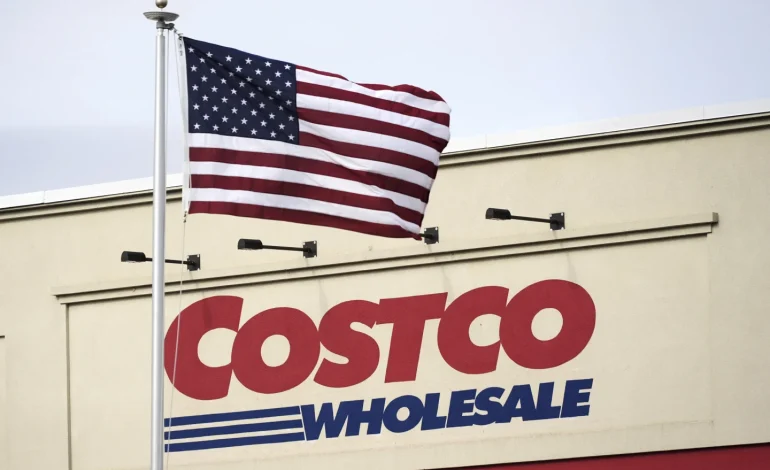In an era where affordable fashion alternatives are increasingly popular, athleticwear giant Lululemon has filed a lawsuit against wholesale retailer Costco, claiming the company is selling lower-priced versions—or “dupes”—of some of its most recognizable clothing items, the Associated Press reports.
The case highlights the growing tension between brand protection and consumer demand for accessible style.
The suit, filed Friday, alleges that Costco has “unlawfully traded” on Lululemon’s reputation by marketing apparel that mimics the design and appearance of its well-known products, such as the Scuba hoodie, Define jacket, and ABC pants. One example cited in the complaint is a men’s full-zip hoodie listed on Costco’s website for $19.97—substantially less than Lululemon’s comparable items, which can cost over $100.
Lululemon contends that the move is part of a broader pattern in which retailers replicate the company’s designs instead of creating original alternatives. According to the lawsuit, the popularity of Lululemon “dupes” has also been amplified through social media platforms like TikTok, where hashtags such as #LululemonDupes promote lookalike items to consumers.
While the concept of fashion dupes is not new, the culture around them has intensified in the digital age. Shoppers frequently turn to influencers for recommendations on lower-cost versions of designer products, from luxury handbags to activewear. The practice taps into a growing desire for luxury aesthetics at more affordable price points.
However, the legal distinction between inspiration and infringement can be complex. Alexandra Roberts, a law and media professor at Northeastern University, said that while “dupes” may appear to be legal alternatives, they can sometimes veer into uncertain territory involving trademark or design patent issues.
“With fashion, we’re going to get into some thorny questions,” she said, noting that enforcement depends on factors such as consumer confusion or the functionality of a design.
In Lululemon’s case, Roberts expressed some skepticism about aspects of the lawsuit, such as claims regarding the brand’s ABC pants featuring a specific “triangle-shaped” crotch area. She said such features may be considered functional, and therefore not protected under trademark law. Still, she acknowledged that the company’s broader argument—especially regarding brand association and confusion—could hold legal weight.
Costco has not yet responded publicly to the lawsuit. Lululemon, meanwhile, maintains that it is pursuing the case as part of an effort to enforce its intellectual property rights and discourage retailers from copying its designs. The company previously engaged in a similar dispute with Peloton in 2021, which was later resolved through a partnership.
The lawsuit also reflects a wider trend in the fashion industry, where established brands are increasingly challenging the marketing and sale of lookalike items. Some legal challenges have succeeded, while others have not. For example, a recent California ruling sided with cosmetics brand E.l.f. in a case brought by Benefit, concluding that E.l.f.’s $6 mascara did not infringe on Benefit’s higher-priced product.










The latest news in your social feeds
Subscribe to our social media platforms to stay tuned